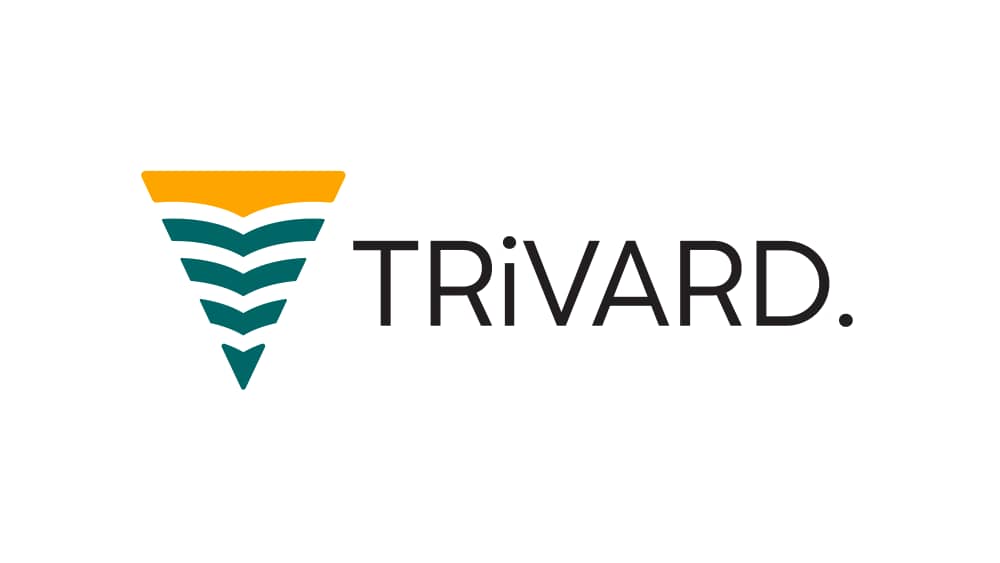In the modern engineering landscape, selecting the best engineering tools is essential for streamlining daily operations, increasing productivity, and ensuring quality control. From civil and mechanical engineering to software and electrical disciplines, having the right engineering tools can significantly enhance operational efficiency and accuracy. But with so many options available, how do you identify the right tools for daily operations?
This guide provides a comprehensive roadmap for engineers and operations managers, offering insights into essential criteria, tool selection processes, and reviews of the top engineering tools used across various disciplines.
Why Choosing the Right Tools Matters
Selecting the right engineering tools impacts everything from productivity and cost-efficiency to accuracy and safety. Using the right equipment or software not only helps engineers meet project timelines but also ensures they comply with industry standards and safety regulations. Additionally, well-chosen tools can reduce waste, lower operational costs, and streamline workflow.
Key Benefits of Tools:
- Enhanced Productivity: Tools optimized for specific tasks help reduce time and labor, allowing engineers to complete more work in less time.
- Improved Accuracy and Precision: Quality tools enable more precise measurements and designs, reducing the risk of errors.
- Long-Term Cost Efficiency: Investing in high-quality, durable tools reduces replacement frequency, ultimately saving money.
Identifying Core Requirements for Engineering Tools
When it comes to selecting engineering tools, it’s important to define core requirements based on the unique demands of each discipline and project. Below are some primary criteria engineers should consider:
1. Functionality and Scope of Use
Consider what the tool is primarily designed for and whether it aligns with your operational needs. For example, tools for structural engineers will differ significantly from those used in electrical engineering.
2. Ease of Use and Training Needs
Evaluate whether the tool requires specialized training. Tools that are user-friendly and intuitive to learn can improve productivity, especially for larger teams where training time can impact schedules.
3. Quality, Durability, and Precision
Select tools known for durability and precision. High-quality tools may come at a higher price but often offer better long-term value and accuracy.
Each of these criteria ensures that the chosen tool meets practical demands and reduces the risk of operational interruptions.
Types of Engineering Tools Essential for Daily Operations
Different engineering sectors use specific tools tailored to their needs. Here’s an overview of essential tools across engineering disciplines:
1. Mechanical Engineering Tools
Mechanical engineers rely on a range of tools from basic hand tools to advanced machinery and software. Here are a few examples:
- CAD Software: AutoCAD and SolidWorks are leading CAD software options that assist in 3D modeling and design.
- Calipers and Micrometers: Precision measurement tools like calipers ensure accuracy in manufacturing and assembly processes. SolidWorks CAD Software
2. Electrical Engineering Tools
Electrical engineers require tools that help with circuitry, testing, and diagnostics. Examples include:
- Oscilloscopes: Used for observing and analyzing the waveforms of electronic signals.
- Multimeters: Essential for measuring voltage, current, and resistance.
3. Civil Engineering Tools
In civil engineering, tools focus on surveying, measurement, and construction. Key tools include:
- Theodolites and Total Stations: Essential for surveying and site layout accuracy.
- Project Management Software: Tools like Primavera or Microsoft Project help plan and track construction schedules and resources.
- Link to Tools: Primavera Project Management
Each engineering discipline benefits from tools that match specific requirements, enhancing both productivity and operational success.
How to Evaluate Before Purchase
Investing in engineering tools involves several critical evaluation steps to ensure the best fit for your needs.
1. Analyze Tool Performance and Features
Review the tool’s performance specs and compare features that align with daily operational needs. Many manufacturers offer demo versions or trials, allowing you to test functionality before making a purchase.
2. Check Compatibility with Existing Systems
For software tools, check if the new tool integrates well with existing systems to avoid workflow interruptions. Compatibility also applies to hardware tools in systems that may rely on shared data.
3. Seek Feedback from Industry Peers
Many engineers rely on community forums and online reviews. Resources like Engineering Toolbox and Eng-Tips allow you to read reviews from other engineers who have used these tools in real scenarios.
Using a multi-faceted evaluation approach ensures that tools are both functional and compatible with current operations.
Latest Top Tools for Daily Operations
The following tools have proven to be valuable assets for engineers across various fields. These selections are based on user reviews, industry recommendations, and performance data:
1. AutoCAD for Mechanical and Civil Engineers
AutoCAD remains a top choice for design and drafting in both mechanical and civil engineering fields due to its precision and advanced features.
- Link to Product: AutoCAD
2. MATLAB for Electrical and Mechanical Engineers
MATLAB is a go-to tool for engineers working with data analysis, modeling, and simulation, providing extensive capabilities for design testing.
- Link to Product: MATLAB
3. Tekla Structures for Civil Engineering
Tekla Structures is highly regarded for building information modeling (BIM), allowing civil engineers to manage complex construction projects with ease.
- Link to Product: Tekla Structures
These tools provide powerful features that support daily engineering operations, enhancing both productivity and precision.
Selecting the Best Tools for Optimal Operations
Choosing the right engineering tools for daily operations requires a well-rounded approach that considers functionality, compatibility, and ease of use. Investing in high-quality tools like AutoCAD, MATLAB, and Tekla Structures supports engineers in delivering precise and efficient work. By assessing core needs and reviewing top-rated tools, engineers can streamline their operations, leading to greater project success and professional satisfaction.
By focusing on reputable brands and user-tested tools, you ensure that each tool supports your specific engineering goals, ultimately adding value to every project you undertake.

